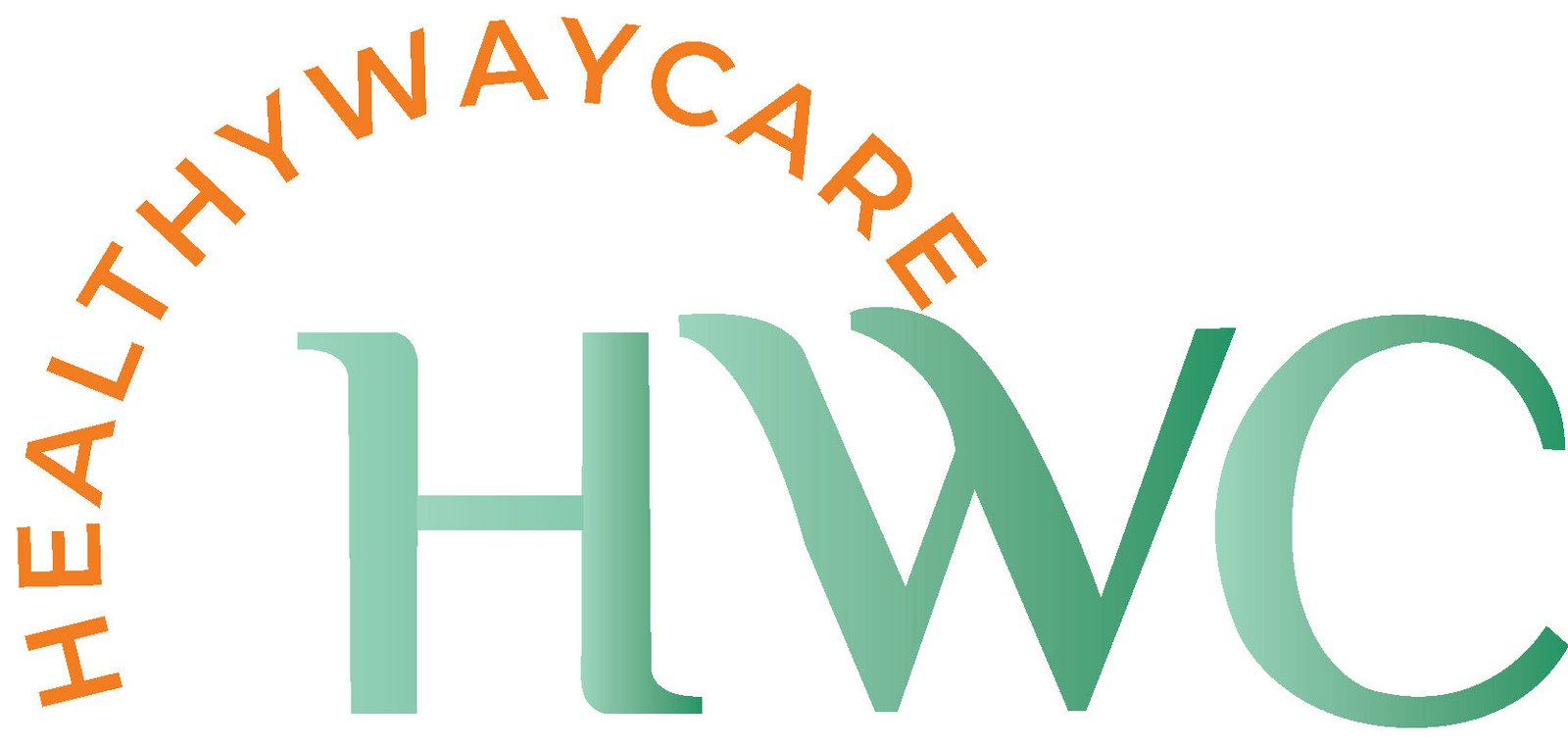Vitamin K benefits for blood and bones include proper blood clotting, improved bone strength, reduced fracture risk, and support for overall cardiovascular health.
Table of Contents
What Is Vitamin K?
Vitamin K is a group of fat-soluble compounds required for activating proteins involved in blood clotting and bone metabolism.
There are two main types:
- Vitamin K1 (Phylloquinone): Found in green leafy vegetables
- Vitamin K2 (Menaquinone): Found in fermented foods and produced by gut bacteria
Vitamin K is absorbed with dietary fats and stored in small amounts in the liver.

Vitamin K Benefits for Blood and Bones Explained
1. Supports Normal Blood Clotting
Vitamin K is essential for the activation of clotting factors that prevent excessive bleeding. Without enough vitamin K, even small injuries can cause prolonged bleeding.
2. Strengthens Bones
Vitamin K helps regulate calcium usage in the body, ensuring calcium is deposited in bones rather than arteries. Adequate intake supports bone density and may reduce fracture risk.
3. Supports Heart Health
By preventing calcium buildup in blood vessels, vitamin K may help maintain flexible arteries and support cardiovascular health.
4. Supports Wound Healing
Vitamin K contributes to proper clot formation, which is necessary for effective wound healing.
These vitamin k benefits for blood and bones highlight why adequate intake is essential for clotting function and skeletal strength.
Vitamin K Deficiency Symptoms
Vitamin K deficiency can occur due to poor intake or absorption problems.
Common Symptoms
- Easy bruising
- Nosebleeds
- Bleeding gums
- Prolonged bleeding from cuts
Severe Deficiency
- Internal bleeding
- Blood in urine or stool
- Increased risk of hemorrhage
You may also read our guide on
vitamin D deficiency symptoms and benefits
to understand how vitamins work together to support bone health.
Causes of Vitamin K Deficiency
Vitamin K deficiency may result from:
- Poor dietary intake
- Fat malabsorption disorders
- Long-term antibiotic use
- Liver disease
- Certain medications (blood thinners)
Vitamin K Benefits for Bone Health
Vitamin K activates proteins like osteocalcin, which are essential for binding calcium to bone. Low vitamin K levels have been linked to weaker bones and increased fracture risk, especially in older adults.
Vitamin K Food Sources
Vitamin K-Rich Foods
- Spinach
- Kale
- Broccoli
- Cabbage
- Brussels sprouts
- Fermented foods (natto)
👉 Consuming vitamin K with healthy fats improves absorption.
According to the National Institutes of Health (NIH), vitamin K is essential for normal blood clotting and bone metabolism.
Vitamin K and Blood Thinners (Important Warning)
People taking blood-thinning medications (such as warfarin) must be cautious with vitamin K intake. Sudden changes in vitamin K consumption can affect medication effectiveness.
⚠️ Always consult a doctor before increasing vitamin K intake if you are on blood thinners.
Vitamin K Supplements: Are They Necessary?
Supplements may be recommended when:
- Deficiency is diagnosed
- Absorption issues exist
- Medical supervision is available
For most people, vitamin K needs can be met through diet alone.
Recommended Vitamin K Intake
| Group | Daily Requirement |
|---|---|
| Adult men | 120 mcg |
| Adult women | 90 mcg |
| Pregnant women | As advised by doctor |
Can Too Much Vitamin K Be Harmful?
Vitamin K toxicity from food sources is rare. However, excessive supplementation without medical guidance may interfere with blood-thinning medications.
Frequently Asked Questions (FAQs)
Is vitamin K important for blood clotting?
Yes, vitamin K is essential for normal blood clot formation.
Does vitamin K improve bone strength?
Yes, vitamin K supports bone mineralization and strength.
Is vitamin K safe for daily use?
Yes, within recommended dietary limits.
Can vitamin K help prevent fractures?
Adequate intake may reduce fracture risk by supporting bone health.
Conclusion
Vitamin K plays a vital role in blood clotting, bone strength, and cardiovascular health. Maintaining adequate intake through green leafy vegetables and balanced nutrition helps prevent deficiency-related complications. Supplements should only be used when medically indicated.
🔒 Medical Disclaimer
This content is for educational purposes only and does not replace professional medical advice. Always consult a healthcare provider before starting supplements or changing medication routines.

